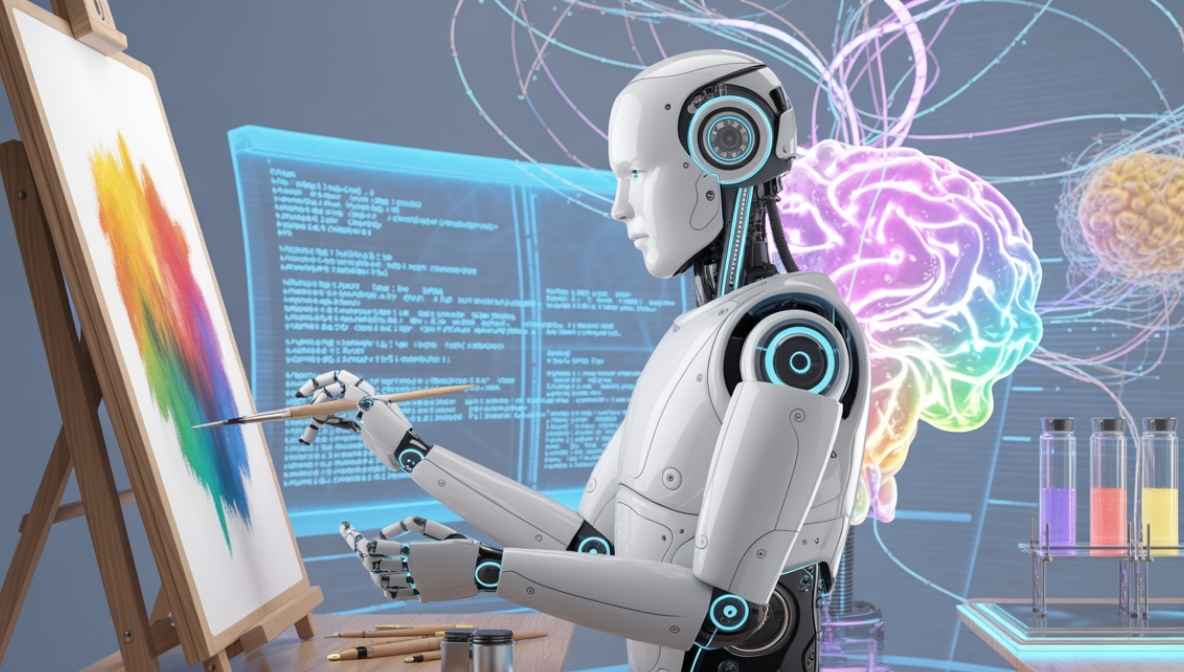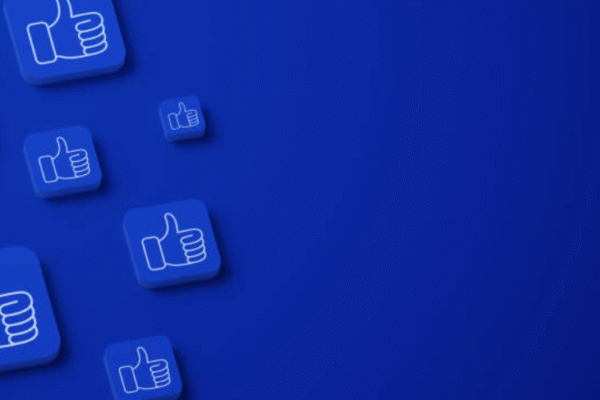AI Isn’t Replacing Creators—It’s Becoming One
For decades, artificial intelligence (AI) has been cast in entertainment as either a villainous robot overlord or a quirky sidekick. But as we step into 2025, AI in entertainment is no longer just fiction—it’s an active participant in how stories are told, music is composed, and games are created. Far from replacing human creativity, AI technology in 2025 is becoming a collaborator, reshaping the very nature of artistic expression.
The Evolution of AI in Entertainment
The early uses of AI in entertainment were largely behind the scenes: recommendation algorithms on streaming platforms like Netflix or Spotify that helped users find content tailored to their tastes. But those systems were merely the prologue. Today, innovations in technology have propelled AI onto center stage—quite literally.
From writing movie scripts and generating visual effects to composing music and designing video game levels, AI has started to take on creative roles once thought to be uniquely human. And while fears about machines replacing artists have surfaced, the truth is more nuanced—and, arguably, more exciting.
Writing Stories, Not Replacing Storytellers
One of the most talked-about developments is AI’s ability to generate written content. Tools like ChatGPT (yes, yours truly) and other large language models are being used in writers’ rooms as brainstorming partners. These systems can generate dialogue, suggest plot twists, or rework scenes in seconds.
However, they don’t do this in a vacuum. Human writers still lead the creative charge, using AI as a tool to expand their possibilities. In TV and film development, AI can help simulate how different audiences might react to a story, allowing creators to fine-tune emotional arcs or anticipate responses.
AI isn’t writing the next Oscar-winning screenplay on its own. But it might help the writer get past that stubborn case of writer’s block.
Music, With a Machine’s Touch
In the music industry, AI in entertainment has opened new frontiers for sound exploration. AI-powered platforms can now analyze millions of tracks to understand patterns in rhythm, melody, and structure—and then generate entirely new compositions.
Artists like Grimes and Holly Herndon are already using AI as part of their creative process. In fact, Grimes launched a project in which anyone can use her voice model to create AI-generated music—with her blessing and a shared revenue agreement. It’s a bold step into a world where AI not only imitates but collaborates.
Far from erasing individuality, these tools can help musicians push the boundaries of genre and form, mixing human emotion with machine-generated innovation.
Gaming Gets Smarter—and More Immersive
Video games may be where AI technology in 2025 is having its most immersive impact. AI-generated landscapes, adaptive storylines, and responsive NPCs (non-player characters) are transforming gameplay into dynamic, personalized experiences.
For example, some new titles use generative AI to create game dialogue that responds to a player’s choices in real time. Instead of being locked into a set of pre-written responses, characters adapt and evolve, creating stories that feel alive.
Indie developers and major studios alike are leveraging these tools, not to cut costs, but to enhance creativity. By letting AI handle procedural world-building or non-essential dialogue, human developers are free to focus on the bigger picture: designing emotional, compelling, and unforgettable player journeys.
Ethical and Creative Challenges
Of course, not all that glitters is gold. The rise of AI in entertainment raises important questions around ethics, originality, and ownership. Who owns the copyright to an AI-generated song or script? How do we ensure creators are credited and compensated fairly when AI models are trained on their work?
In 2025, these conversations are intensifying, and rightfully so. As AI technology becomes more sophisticated, it’s essential that its integration into creative industries is done thoughtfully, with respect for the human artists whose contributions make these models possible in the first place.
Regulations are beginning to take shape. Creative unions, tech companies, and governments are starting to draft guidelines to ensure transparency and protect intellectual property. The goal isn’t to halt progress, but to ensure it benefits everyone involved.
The Human Touch Still Matters
Despite the impressive capabilities of AI, there’s one thing it still can’t replicate: the lived human experience. Emotions, cultural context, personal memories—these are the intangible ingredients that give great art its soul. AI can mimic, assist, and enhance, but it can’t replace the spark that comes from being human.
In fact, many of the most successful uses of AI in entertainment are the ones that embrace this partnership. Artists who view AI as a collaborator rather than a competitor are finding new ways to create, innovate, and express themselves.
The Future Is Co-Creation
Looking ahead, innovations in technology will only deepen this collaboration. We’re entering an era of co-creation, where human imagination and machine intelligence work hand in hand. Whether it’s generating lifelike digital actors, building infinite virtual worlds, or composing genre-bending music, AI in entertainment is expanding the palette of what’s possible.
In short, AI isn’t replacing creators—it’s becoming one. But it’s doing so as a partner, not a rival. And if we get it right, the result won’t be the loss of artistry—it’ll be a renaissance.



